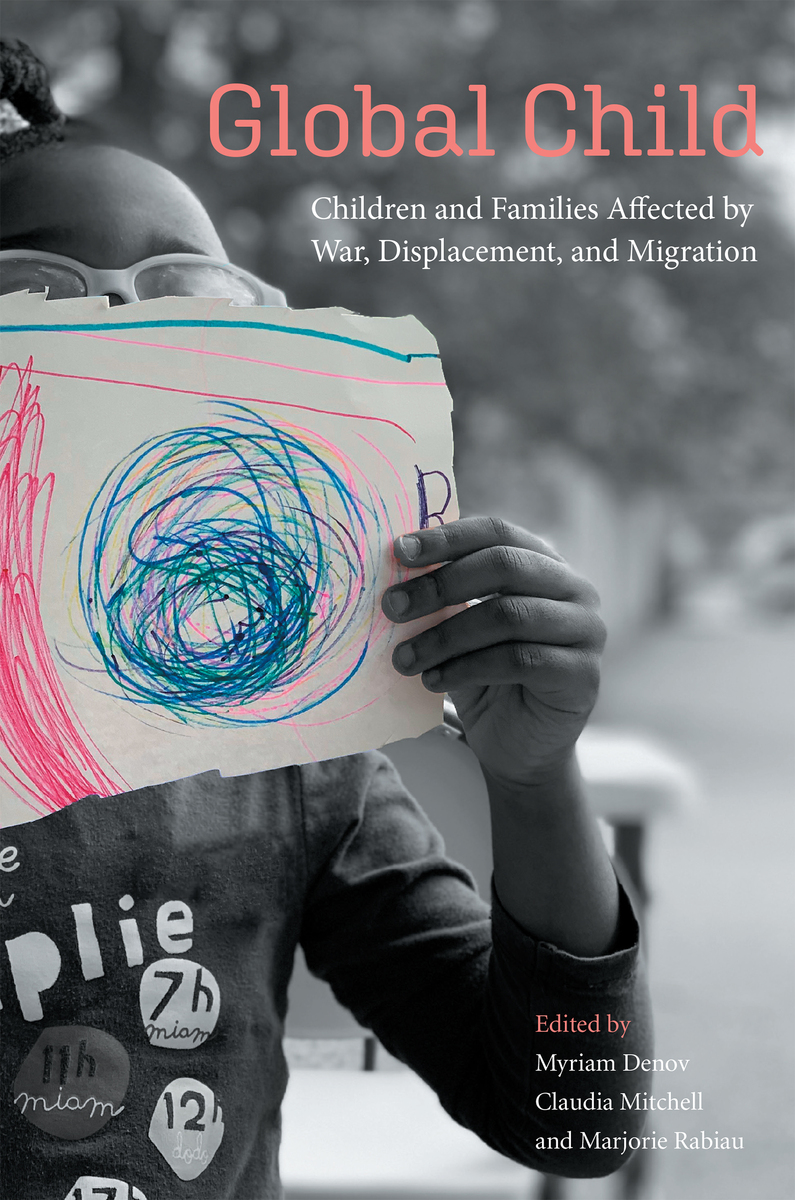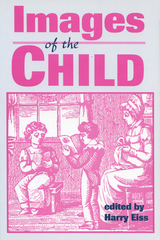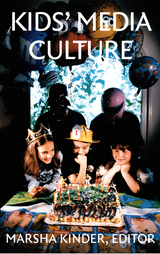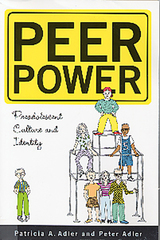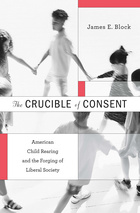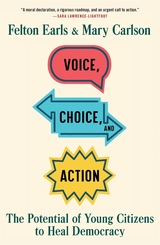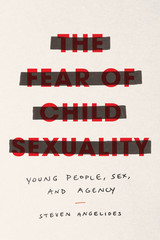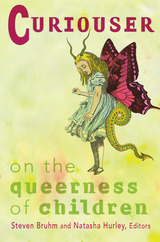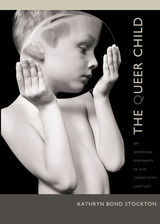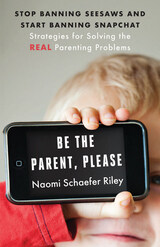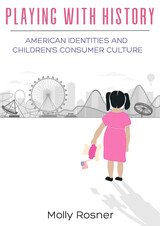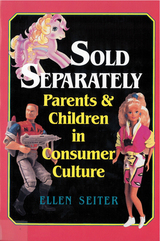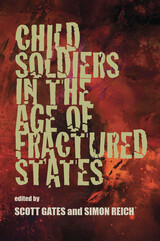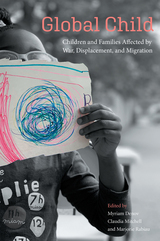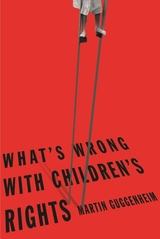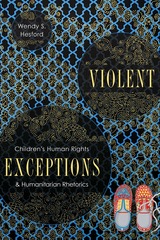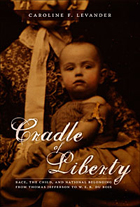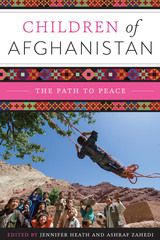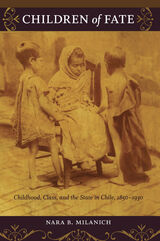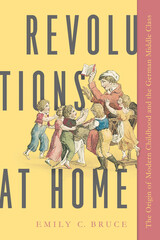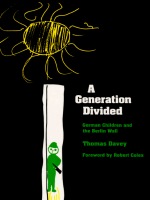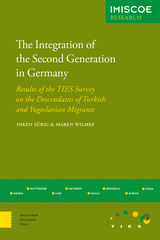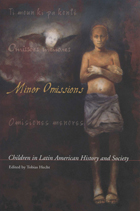Global Child: Children and Families Affected by War, Displacement, and Migration
Rutgers University Press, 2023
Cloth: 978-1-9788-1774-6 | eISBN: 978-1-9788-1777-7 | Paper: 978-1-9788-1773-9
Library of Congress Classification HQ784.W3G59 2023
Dewey Decimal Classification 303.66083
Cloth: 978-1-9788-1774-6 | eISBN: 978-1-9788-1777-7 | Paper: 978-1-9788-1773-9
Library of Congress Classification HQ784.W3G59 2023
Dewey Decimal Classification 303.66083
ABOUT THIS BOOK | AUTHOR BIOGRAPHY | REVIEWS | TOC
ABOUT THIS BOOK
Armed conflicts continue to wreak havoc on children and families around the world with profound effects. In 2017, 420 million children—nearly one in five—were living in conflict-affected areas, an increase in 30 million from the previous year. The recent surge in war-induced migration, referred to as a “global refugee crisis” has made migration a highly politicized issue, with refugee populations and host countries facing unique challenges. We know from research related to asylum seeking families that it is vital to think about children and families in relation to what it means to stay together, what it means for parents to be separated from their children, and the kinds of everyday tensions that emerge in living in dangerous, insecure, and precarious circumstances. In Global Child, the authors draw on what they have learned through their collaborative undertakings, and highlight the unique features of participatory, arts-based, and socio-ecological approaches to studying war-affected children and families, demonstrating the collective strength as well as the limitations and ethical implications of such research. Building on work across the Global South and the Global North, this book aims to deepen an understanding of their tri-pillared approach, and the potential of this methodology for contributing to improved practices in working with war-affected children and their families.
See other books on: Children and war | Children's Studies | Refugees | Social Work | Violence in Society
See other titles from Rutgers University Press
